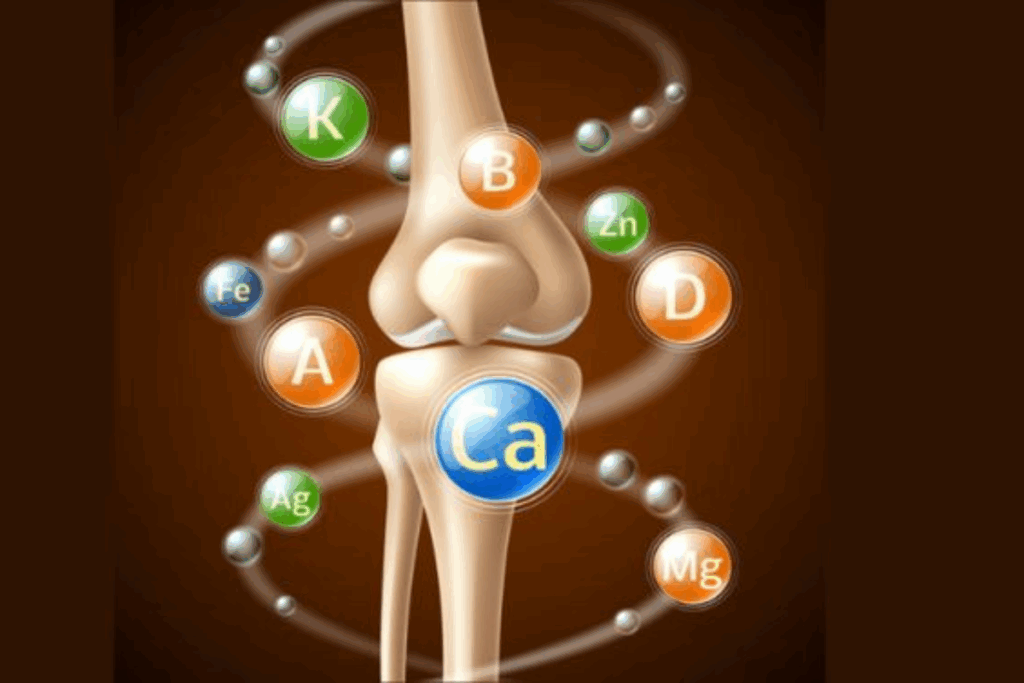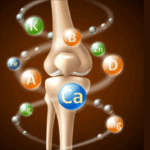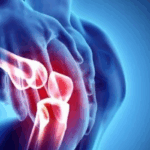
Bone and joint health is integral to our overall well-being. As the primary support system of the human body, bones and joints play a crucial role in allowing movement, protecting internal organs, and providing structure. Maintaining the strength and health of these structures is essential, especially as we age. While factors such as physical activity, lifestyle choices, and genetics affect bone and joint health, one often overlooked factor is nutrition.
In this blog, we will explore how proper nutrition supports bone and joint health and why it is vital to incorporate specific nutrients into your diet for stronger bones and more flexible joints. As one of the best orthopedic doctors in Pune, I, Dr. Ashish Suryawanshi, strongly emphasize the significance of diet in preventing conditions such as osteoporosis, arthritis, and other bone and joint-related issues.
The Importance of Nutrition for Bone Health
Bones are living tissues that continuously break down and regenerate. This process requires adequate nutrients to function optimally. A deficiency in essential nutrients can lead to weakened bones, making them more susceptible to fractures and other skeletal problems.
- Calcium
Calcium is likely the most recognized mineral when it comes to bone health. It is a primary component of bones, and about 99% of the body’s calcium is stored in the bones and teeth. It helps maintain bone density and strength. Without adequate calcium intake, bones can become fragile, increasing the risk of fractures. Foods rich in calcium include dairy products like milk, cheese, and yogurt, as well as plant-based sources such as leafy greens (kale, spinach), fortified plant milks, and almonds. For individuals with lactose intolerance or a vegan lifestyle, calcium supplements may also be recommended.
- Vitamin D
Vitamin D is essential for calcium absorption. Without sufficient vitamin D, the body is unable to absorb the calcium it takes in, regardless of the amount consumed. Vitamin D also helps maintain proper bone structure by supporting the bone-building The body can produce it when exposed to sunlight, but it can also be obtained through dietary sources like fatty fish (such as salmon and mackerel), egg yolks, and fortified foods like cereals and milk. Deficiency in vitamin D can lead to conditions like rickets in children and osteomalacia in adults, both of which cause weak bones.
- Magnesium
Magnesium is another essential mineral for bone health. It helps convert vitamin D into its active form, which in turn aids in calcium absorption. Magnesium plays a key role in preserving bone density and reducing the risk of fractures. Foods that are high in magnesium include nuts, seeds, whole grains, leafy greens, and legumes.
- Vitamin K
Vitamin K is crucial for bone health as it helps in the process of bone mineralization. It activates proteins that are involved in bone formation and maintenance. Green leafy vegetables such as kale, spinach, and broccoli are rich in vitamin K. Additionally, fermented foods such as natto are rich sources of vitamin K2, a form that plays an even more significant role in bone health.
- Phosphorus
Phosphorus, a mineral present in bones, collaborates with calcium to help build strong bones and teeth. It contributes to the structural integrity of bones and teeth and plays a key role in the body’s energy storage and usage. Phosphorus can be found in foods such as meat, poultry, fish, nuts, and seeds.
- Protein
Protein is crucial for bone health as it aids in building and repairing body tissues, including bones. While it is important for maintaining overall muscle mass, protein also contributes to bone strength. Studies suggest that a diet that provides adequate protein can help reduce the risk of bone fractures.
Nutrition’s Role in Joint Health
Joint health is equally important as bone health. The joints, which are the points where two bones meet, rely on cartilage, synovial fluid, and the surrounding muscles and tendons to function smoothly. Proper nutrition helps maintain the cartilage, reduces inflammation, and improves joint function.
- Omega-3 Fatty Acids
Omega-3 fatty acids are widely recognized for their ability to reduce inflammation. They help reduce inflammation in the joints, which can help manage conditions like arthritis. Omega-3s can be found in fatty fish such as salmon, sardines, and mackerel, as well as in plant-based sources like chia seeds, flaxseeds, and walnuts. - Collagen and Gelatin
Collagen is the body’s most plentiful protein and plays a crucial role in the structure of cartilage, ligaments, and tendons. Consuming collagen-rich foods or supplements can help in maintaining joint health and improving mobility. Bone broth, chicken skin, and collagen supplements are good sources of this important protein. - Turmeric and Ginger
Turmeric and ginger both contain compounds known for their anti-inflammatory properties. Curcumin, the active compound in turmeric, has been shown to reduce inflammation and pain in joint-related conditions such as osteoarthritis. Ginger, on the other hand, can help reduce swelling and stiffness in the joints. - Vitamin C
Vitamin C is vital for collagen production, which plays a key role in preserving the integrity of joint cartilage. It also serves as an antioxidant, helping to protect joint tissues from damage. Citrus fruits, strawberries, bell peppers, and broccoli are excellent sources of vitamin C.
Maintaining bone and joint health is vital for living an active, healthy life. A balanced diet rich in essential nutrients like calcium, vitamin D, magnesium, and omega-3 fatty acids can help prevent bone-related diseases and support joint function. Nutrition is crucial in both preventing and managing bone and joint health issues.
If you experience joint pain, bone fractures, or any other musculoskeletal issues, consulting with an orthopedic specialist can help you get the proper diagnosis and treatment. As the leading orthopedic specialist in Pune, I, Dr. Ashish Suryawanshi, urge you to focus on your nutrition and incorporate these vital nutrients into your daily diet. For personalized treatment or more information, visit my clinics in Nigdi and Thergaon, Pune.
Summary:
Good nutrition plays a fundamental role in the health of bones and joints. Nutrients like calcium, vitamin D, magnesium, and omega-3 fatty acids support bone density, joint function, and overall musculoskeletal well-being. Dr. Ashish Suryawanshi, an orthopedic doctor in Pune, emphasizes the importance of a balanced diet for preventing and managing bone and joint conditions. Regular consultations with an orthopedic specialist, along with a healthy diet, can significantly improve your bone and joint health.




